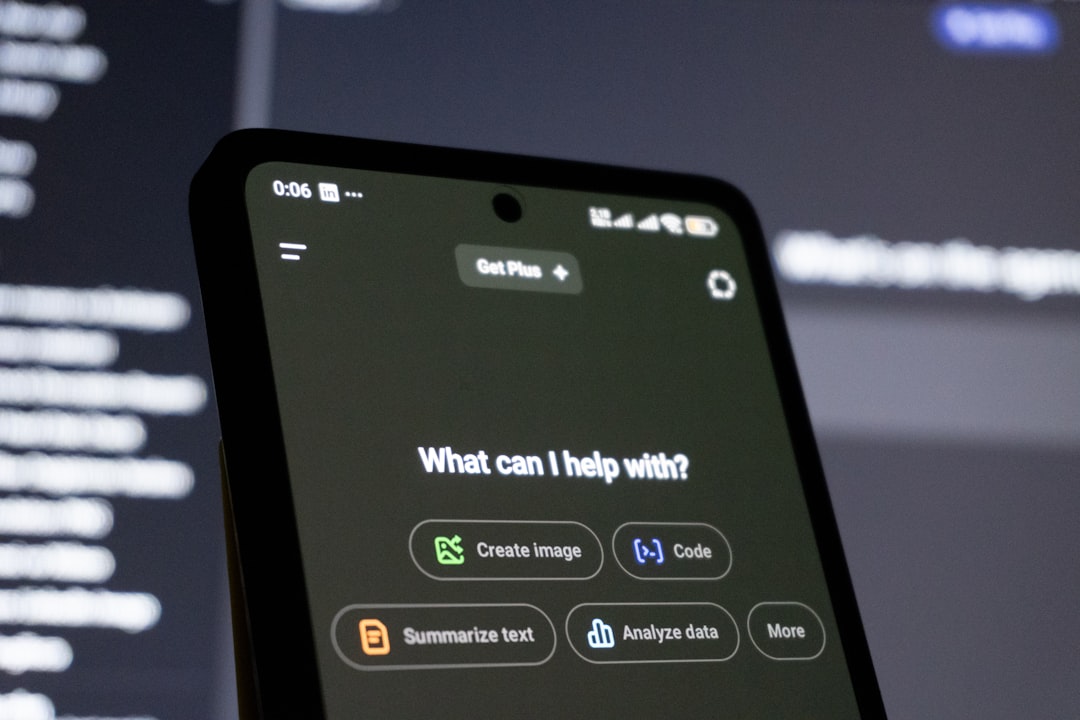In today’s fast-evolving digital landscape, marketers are continuously searching for ways to produce content more efficiently while maintaining quality. According to recent data, marketers who utilize artificial intelligence (AI) tools are publishing 42% more content than those who do not. This shift marks a significant turning point in how brands engage with their audiences and streamline content workflows.
AI has proven to be more than a futuristic concept; it’s now an essential asset for marketing teams striving to stay relevant and competitive. By automating various aspects of content creation—from ideation to optimization—AI helps marketers increase both volume and consistency.

How AI Enhances Content Production
AI-powered platforms and tools can analyze vast amounts of data in seconds, highlight trending topics, perform keyword research, and even produce content drafts. This means marketers can skip the tedious groundwork and jump straight into content refinement and publishing.
- Content Generation: AI tools like GPT-based solutions generate blog posts, product descriptions, and email campaigns with minimal human input.
- SEO Optimization: AI helps optimize content for search engines by analyzing keyword density, meta descriptions, and user engagement patterns.
- Editing and Proofreading: Tools such as grammar checkers and tone analyzers use AI to enhance readability and alignment with target audiences.
This level of automation provides marketing teams with additional bandwidth to focus on creative strategy and long-term planning while maintaining a steady stream of high-quality content.
The Statistics Behind the Surge
Recent market studies have revealed that companies adopting AI in their content workflows experience a remarkable 42% increase in published content volume. This boost is not merely in quantity but is often accompanied by improvements in content performance metrics such as engagement, click-through rates, and conversions.
Moreover, businesses reported a significant reduction in production time and an increase in team efficiency. Small to mid-sized businesses saw the most benefit, using AI as a force multiplier that enables them to compete with larger teams and tighter budgets.
Types of Content AI Can Help Create
AI is not limited to one content format. Marketers are leveraging AI tools for a wide variety of content types, including:
- Long-form blog posts
- Product descriptions and ecommerce content
- Social media captions and campaigns
- Email newsletters and promotional copy
- Video scripts and transcriptions
These tools are trained on extensive data sets and natural language processing models, allowing them to mimic human tone and adapt to different brand voices.

Challenges and Considerations
Despite the clear benefits, the integration of AI into marketing comes with its challenges. One of the main concerns is content quality and originality. While AI can produce grammatically correct text, it may lack the nuance and depth that a human writer brings. Therefore, human oversight remains crucial.
Another ethical consideration involves transparency. As AI-generated content becomes more prevalent, companies must ensure honesty with their audiences regarding authorship and the extent of automation.
The Future of AI in Marketing
As machine learning and AI technologies continue to evolve, their role in content creation will only become more entrenched. Marketers who embrace these tools now are positioning themselves for long-term success, as AI becomes less of an advantage and more of a necessity.
With the ability to scale content production without proportional increases in cost or manpower, AI is enabling companies to meet the growing content demands of the digital age effectively.
Frequently Asked Questions (FAQ)
- Q: How does AI generate content?
A: AI uses natural language processing and machine learning algorithms trained on vast text datasets to generate content that mimics human writing. - Q: Is AI-generated content SEO-friendly?
A: Yes, many AI tools integrate SEO best practices, including keyword optimization, meta tag creation, and readability scoring. - Q: Can AI replace human marketers?
A: No. AI is a tool to assist marketers, not replace them. It handles repetitive tasks, allowing humans to focus on strategy and creativity. - Q: What are the ethical concerns with using AI-generated content?
A: Issues include transparency, potential plagiarism, and the impersonation of human authors. These can be mitigated through clear policies and human review. - Q: What are some popular AI tools for content marketing?
A: Examples include Jasper, Copy.ai, Grammarly, and Surfer SEO—all designed to aid different aspects of content creation.











